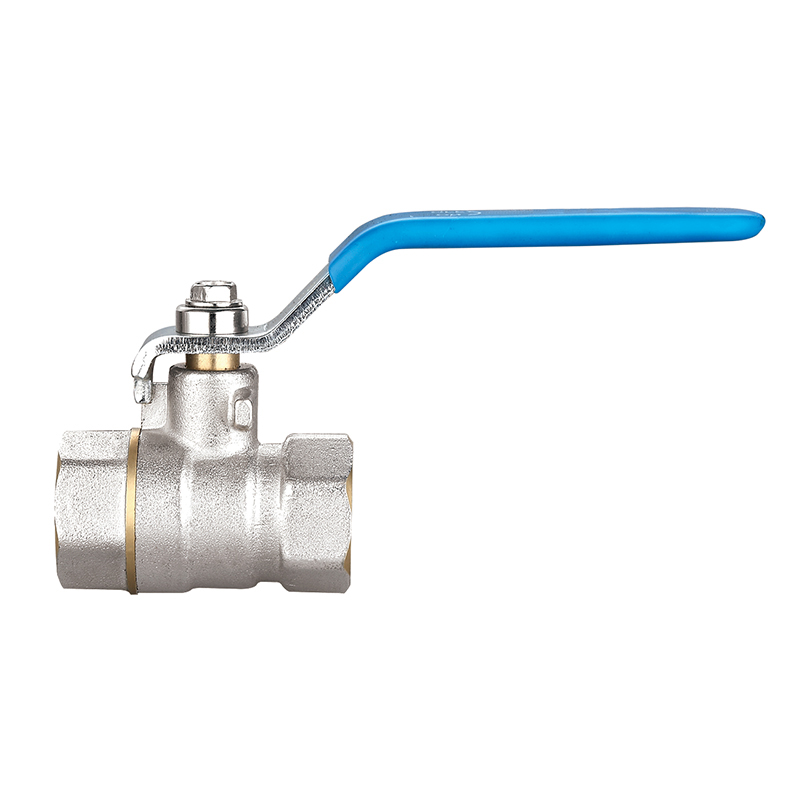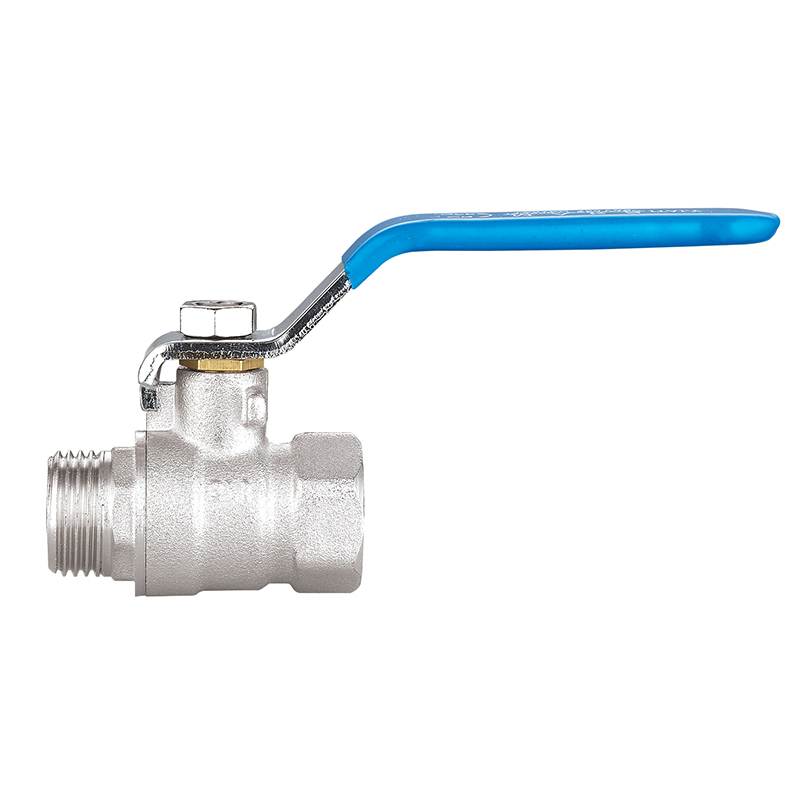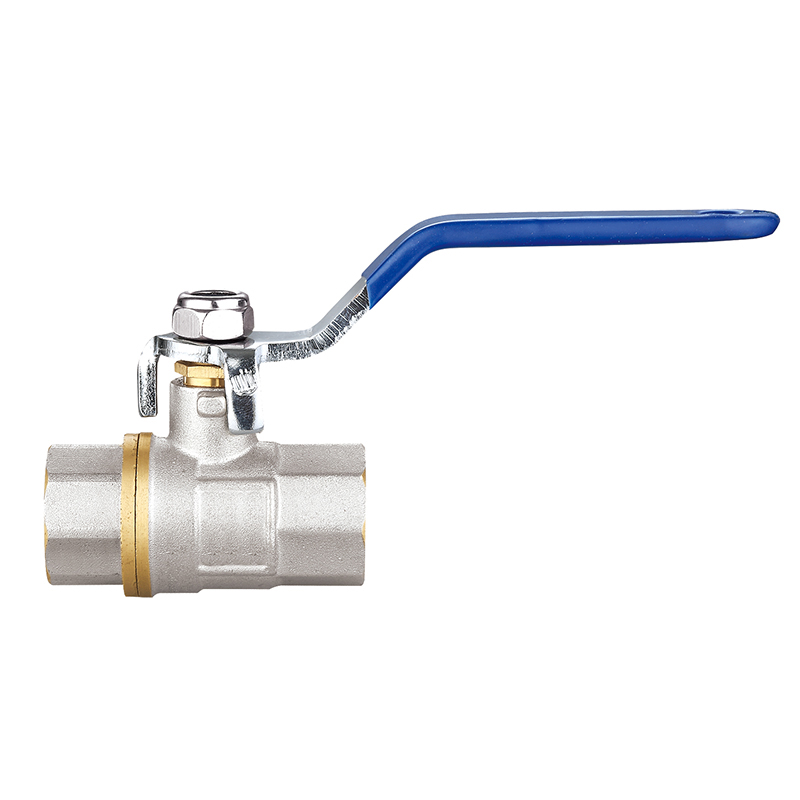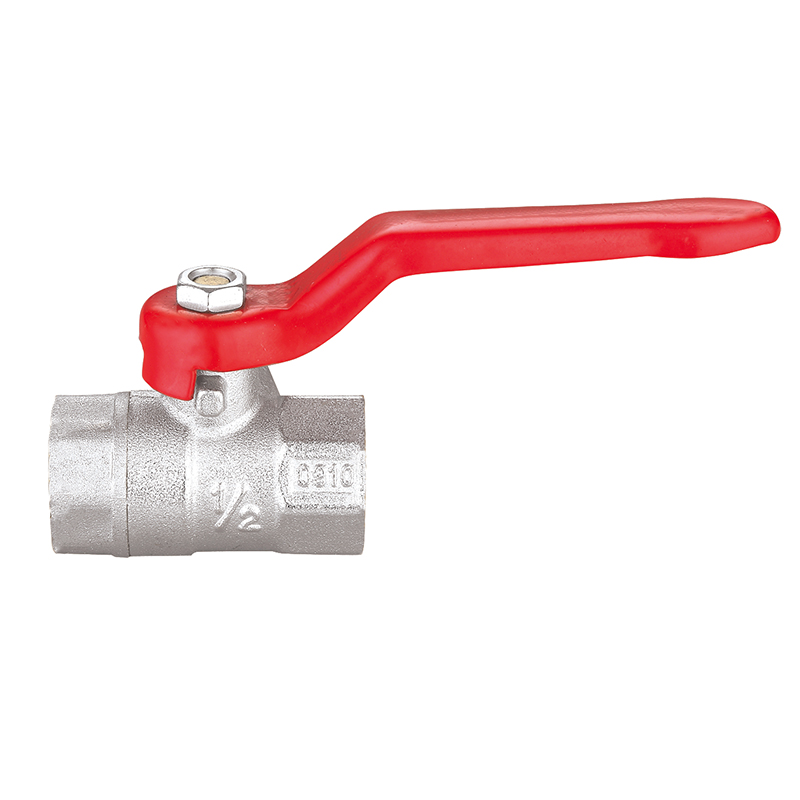Brass Ball Valves: Durable Flow Control Solutions for Versatile Plumbing and Industrial Applications
2025-07-11
Brass ball valves are an essential category of flow control devices used in residential, commercial, and industrial piping systems. Renowned for their simple yet highly effective design, brass ball valves provide a reliable method for managing water, gas, and other fluid flows. These valves operate using a rotating spherical ball with a central bore that aligns with the pipe to allow flow, or rotates to block the path and stop flow entirely. Thanks to their robust brass construction and intuitive operation, brass ball valves have become a solution for applications that demand long-lasting, leak-resistant, and low-maintenance performance.
Key Characteristics of Brass Ball Valves
1. Dependable Shut-Off Functionality
Brass ball valves are commonly used for on/off flow control. When the valve handle is turned 90 degrees, the internal ball either aligns with the pipe opening to allow flow or rotates perpendicular to block it. This quick, quarter-turn action provides immediate shut-off and pressure drop, making brass ball valves ideal for systems that require fast and dependable control.
2. High Durability and Strength
Made from a copper-zinc alloy, brass offers strength and corrosion resistance in water-based systems. The material can withstand a wide range of operating pressures and temperatures, maintaining its structural integrity over time. For many users, the combination of performance and affordability makes brass the choice over stainless steel or plastic alternatives.
3. Compact and Versatile Design
The compact body of brass ball valves makes them easy to install in tight or confined spaces, such as under sinks, behind walls, or inside enclosures. Despite their small footprint, they deliver reliable performance even in high-demand systems.
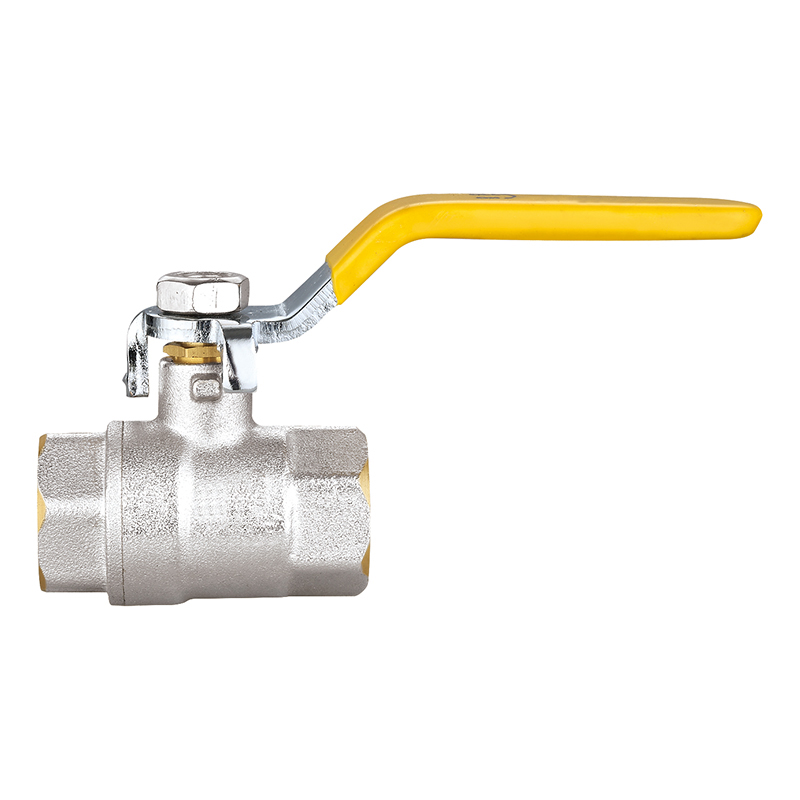
Types of Brass Ball Valves
Brass ball valves come in several configurations, tailored to different flow control needs:
Full Port Ball Valves: These have an oversized ball and bore that matches the diameter of the pipe, allowing unrestricted flow and pressure loss. Ideal for systems where maintaining flow rate is critical.
Standard Port Ball Valves: These have a slightly smaller bore than the pipe, resulting in some pressure drop but providing a more compact and economical option.
Two-Way Ball Valves: The common design, allowing straight-line flow and shut-off between two ports.
Three-Way Ball Valves: Used for mixing or diverting flow between three ports. Common in more complex plumbing or process piping systems.
Threaded or Sweat (Solder) Ends: Brass ball valves are available with threaded connections for easy removal and reinstallation, or with sweat ends for permanent soldered connections in copper piping.
Advantages of Brass Ball Valves
Corrosion Resistance: Brass naturally resists rust and mineral buildup, making it well-suited for potable water systems and outdoor installations.
Longevity: The combination of durable materials and simple mechanical action means fewer points of failure, reducing maintenance and replacement needs over time.
Wide Compatibility: Brass ball valves can be used with various piping materials, including copper, PEX, CPVC, and even galvanized steel when paired with proper fittings.
Leak-Proof Performance: The tight seal created by the polished ball and reinforced seats ensures virtually no leakage when the valve is closed.
Cost-Effective: Compared to stainless steel or industrial-grade valves, brass ball valves offer performance at a lower price point.
Common Applications
Brass ball valves are used across a wide range of industries and systems:
Residential Plumbing: To control water supply lines to sinks, dishwashers, washing machines, and toilets.
HVAC Systems: To manage water flow in heating and cooling loops.
Irrigation and Agriculture: For controlling water distribution in greenhouses, gardens, and farm applications.
Industrial Systems: In process piping, chemical handling (where compatible), and compressed air systems.
Gas Supply Lines: Certain brass ball valves are approved for use with natural gas or propane systems.
Marine and RV Plumbing: Due to their corrosion resistance and compact form factor.
Installation and Maintenance Tips
Brass ball valves are relatively easy to install, whether using threaded or soldered connections. When threading, applying Teflon tape or pipe joint compound ensures a tight seal. For soldered valves, care must be taken to avoid overheating the valve body, which may damage internal seals.
Whether you want to become our partner or need our professional guidance or support in product selections and problem solutions, our experts are always ready to help within 12 hours globally.




 русский
русский Español
Español عربى
عربى